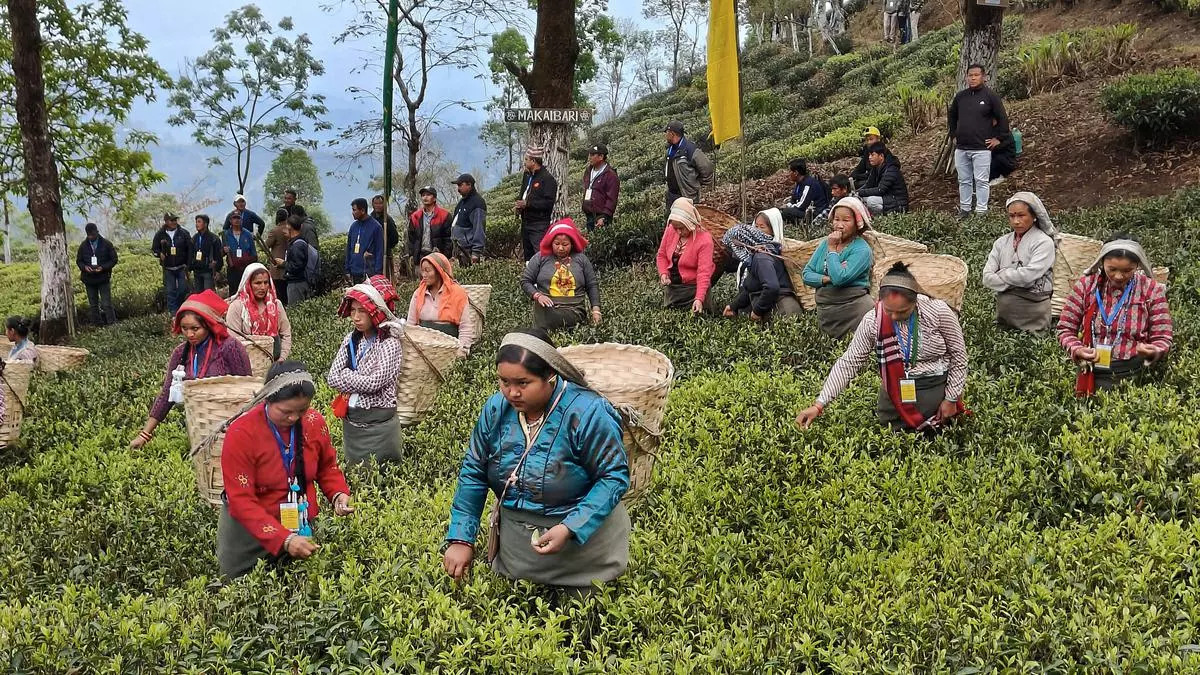Tea Board engages consultant to study price sharing formula
The Indian Tea Board engaged BDO India LLP to conduct a study on the determination of the price-sharing formula (PSF) in all tea-growing regions of India, except for Gudalur-Pandalur district in Tamil Nadu and Wayand district in Kerala. The entire study including submission of the final report is due to be completed within six months of June 2023, the Tea Council said in a recent circular.
The selection was made through an open bidding process. As per the contract, BDO India will conduct site visits to collect study relevant data from farmers (small tea growers and STG associations) and factories (both leaf mills and purchased properties).
“In this regard, the advisory group should visit Assam, West Bengal, Tamil Nadu, Kerala and Tripura where the focus of small tea growers is more for preliminary research including discussion with tea board officials, tea research societies, STG groups, BLF associations, all producer associations across India. (estate factories) as well as individual survey with farmers and factories,” the Tea Board said in its circular dated June 19.
default interaction
For other tea growing states like Himachal Pradesh, Karnataka, Uttarakhand, Bihar, Odisha, Arunachal Pradesh, Meghalaya, Mizoram, Nagaland and Sikkim, the study will be conducted through virtual interaction with stakeholders.
Under current Tea Board standards, leaf mills and tea estates buy green leaves from small tea growers under a price-sharing formula. According to the formula, STGs and BLFs in West Bengal follow share prices in the ratio of 58:42 while in Assam it is 60:40. The formula, which was introduced in 2004, was last revised in 2013. The Small Tea Growers Association has repeatedly urged a revision of the PSF due to the steep rise in production cost and inflation.
We have been urging a review at PSF for many years now. The last revision was done in 2013 and the production cost has changed dramatically in the past 10 years. Our PSF built on the Sri Lankan model that has been so successful there because 100 percent of their teas are auction-routed. But in India only 40-42 per cent of sales occur through the auction route. Bijoy Gopal Chakraborty, President, CISTA (Confederation of Small Tea Growers of India) said: Business line.
